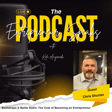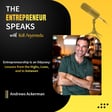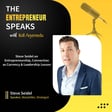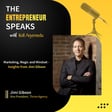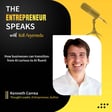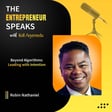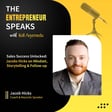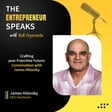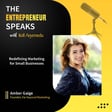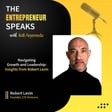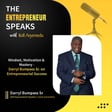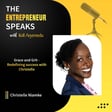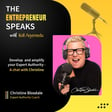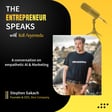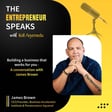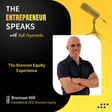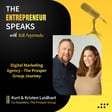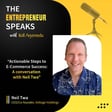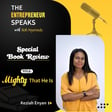
PR that pays - A conversation on the eReleases journey
Why do some press releases make headlines while others go completely unnoticed? Is public relations only for big brands, or can small businesses use PR to build credibility, land media coverage, and drive real results?
In this episode of The Entrepreneur Speaks, I sit down with Mickie Kennedy, founder of eReleases and a PR expert with over 25 years of experience helping small businesses get featured in top media outlets. Mickie has mastered the art of writing and distributing press releases that journalists actually pay attention to without the need for a massive PR budget.
What You’ll Learn in This Episode:
- Mickie’s entrepreneurial journey and the origin story of eReleases
- Why most press releases fail and how to fix them
- Common mistakes businesses make when trying to get media coverage
- Insider strategies to boost credibility, conversions, and visibility through PR
- How to leverage press releases in the AI era without getting lost in the noise
- Real-world success stories of small businesses that used PR to scale
- Mickie’s advice for entrepreneurs new to press releases
Whether you’re a startup founder, small business owner, or marketing professional, this conversation is packed with actionable tips to help you get noticed, build trust, and grow your brand with PR.
🔔 Don’t forget to subscribe for more entrepreneurial insights and strategies that can help your business thrive.
